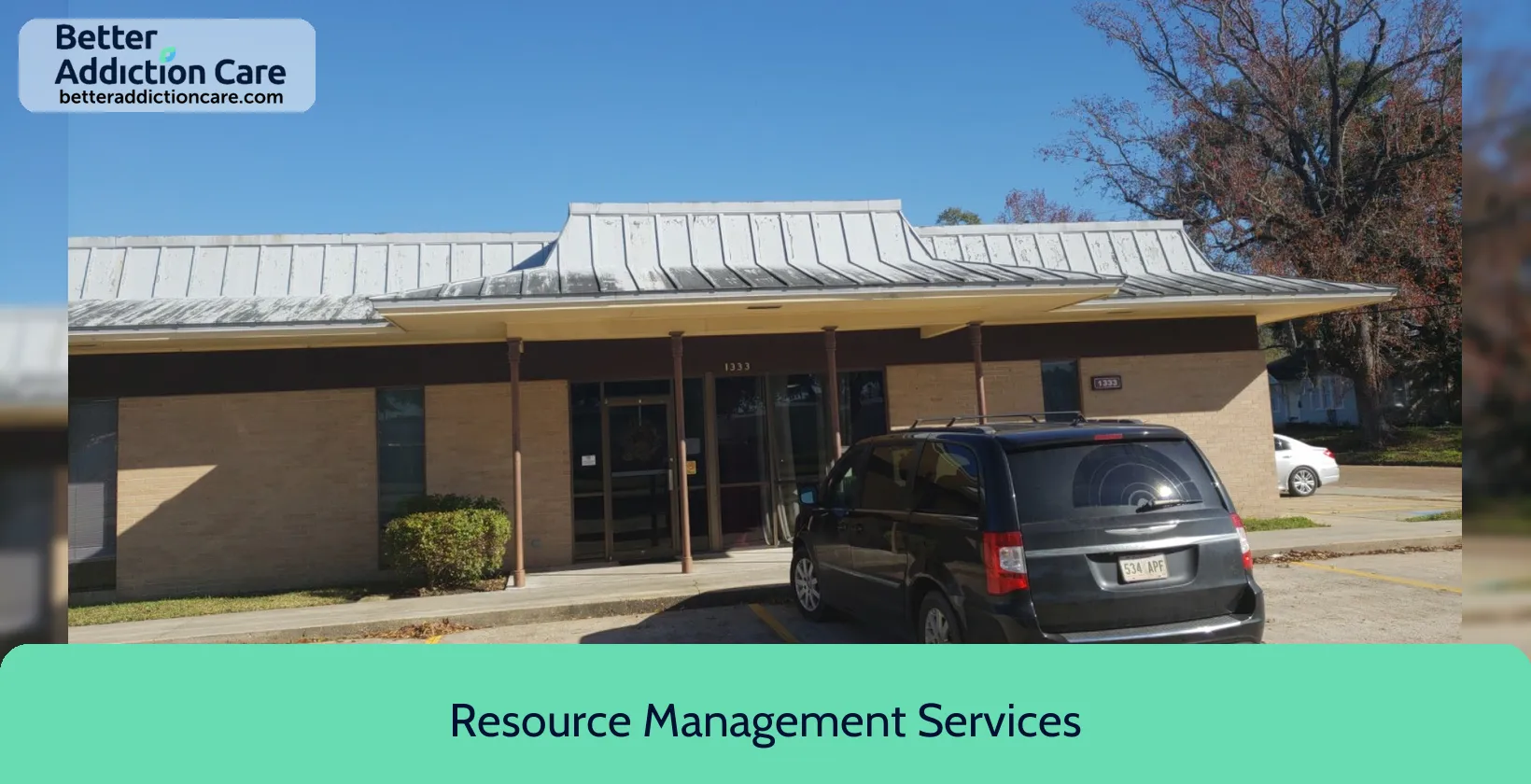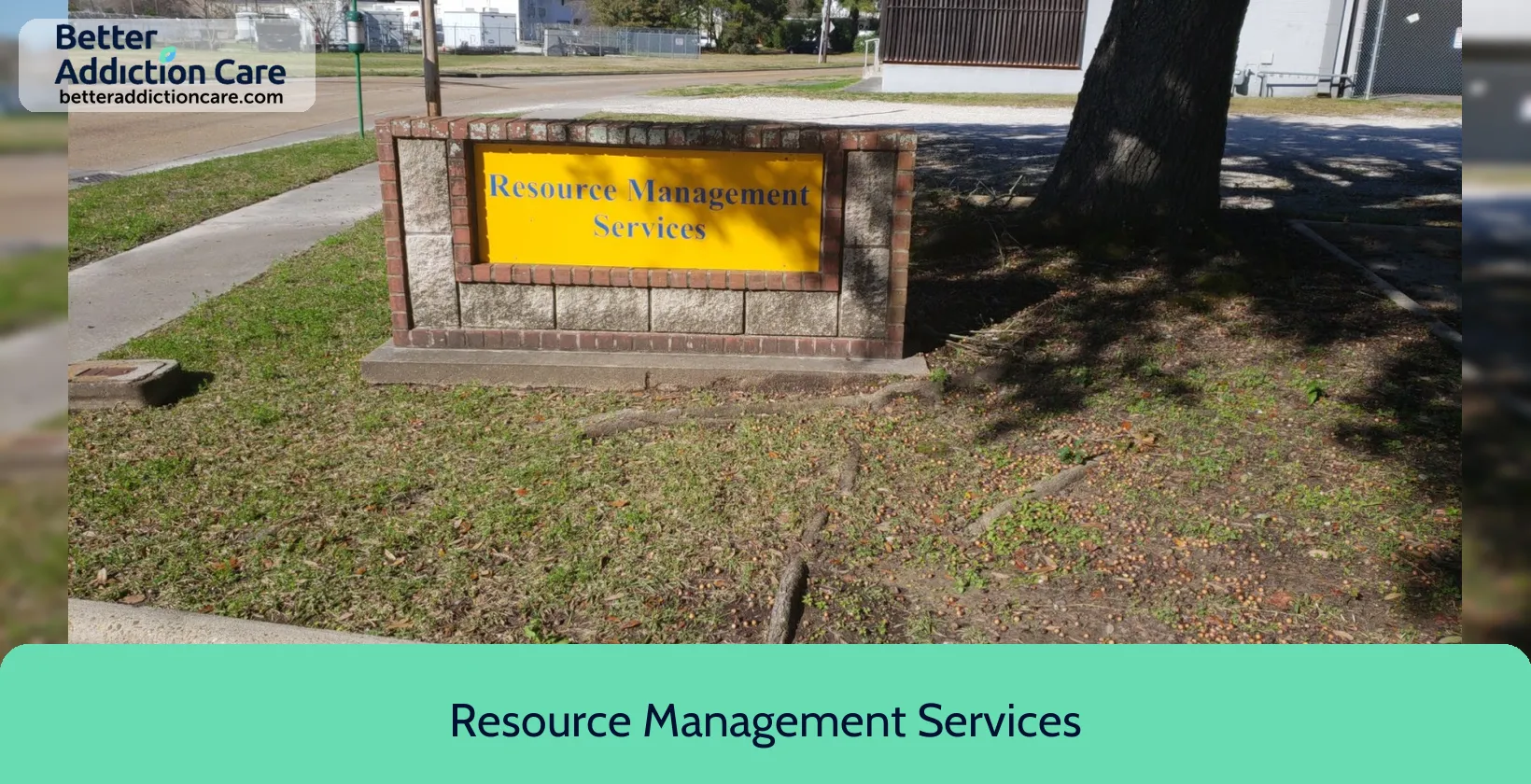Resource Management Services
Overview
Resource Management Services is a mental health treatment center for people seeking treatment near Calcasieu County. As part of their treatment modalities for recovery, Resource Management Services provides couples/family therapy, group counseling, and cognitive behavioral therapy during treatment. Resource Management Services is located in Lake Charles, Louisiana, accepting cash or self-payment for treatment.
Resource Management Services at a Glance
Payment Options
- Cash or self-payment
- Medicaid
- Medicare
- Private health insurance
- U.S. Department of VA funds
Assessments
- Comprehensive mental health assessment
- Comprehensive substance use assessment
Age Groups
- Seniors or older adults
- Young adults
- Children/adolescents
- Adults
- Seniors
Ancillary Services
- Psychosocial rehabilitation services
Highlights About Resource Management Services
6.62/10
With an overall rating of 6.62/10, this facility has following balanced range of services. Alcohol Rehabilitation: 8.00/10, Drug Rehab and Detox: 6.00/10, Insurance and Payments: 6.00/10, Treatment Options: 6.49/10.-
Alcohol Rehabilitation 8.00
-
Treatment Options 6.49
-
Drug Rehab and Detox 6.00
-
Insurance and Payments 6.00
Treatment At Resource Management Services
Treatment Conditions
- Alcoholism
- Mental health treatment
- Substance use treatment
- Co-occurring Disorders
Care Levels
- Outpatient
Treatment Modalities
- Couples/family therapy
- Group counseling
- Cognitive behavioral therapy
- Telemedicine/telehealth therapy
- Abnormal involuntary movement scale
Ancillary Services
Languages
- Sign language services for the deaf and hard of hearing
Special Programs
- Clients with co-occurring mental and substance use disorders
- Veterans
- Children/adolescents with serious emotional disturbance (SED)
- Persons 18 and older with serious mental illness (SMI)
- Persons with post-traumatic stress disorder (PTSD)
Get Help Now
Common Questions About Resource Management Services
Contact Information
Other Facilities in Lake Charles

6.65

7.10
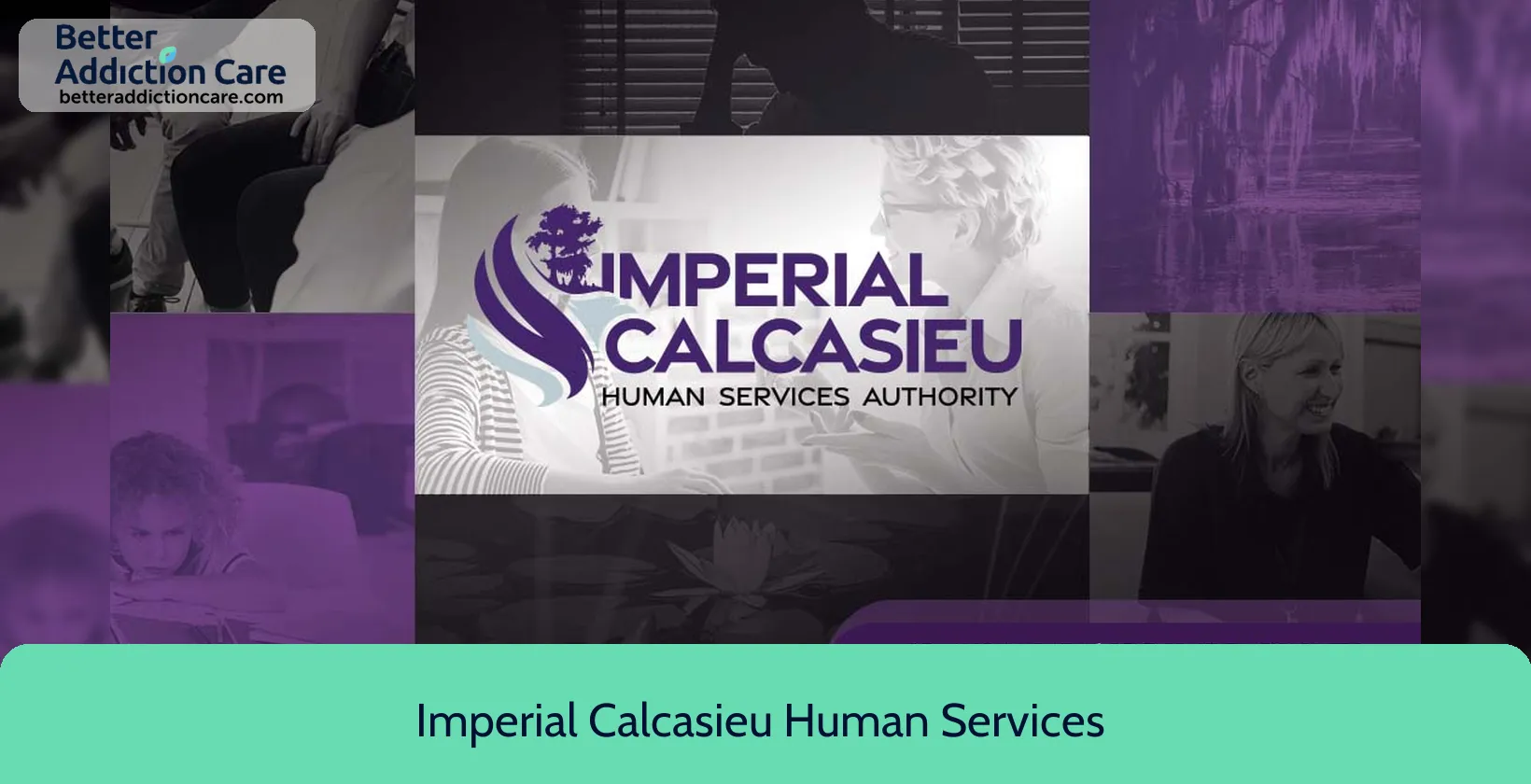
7.33
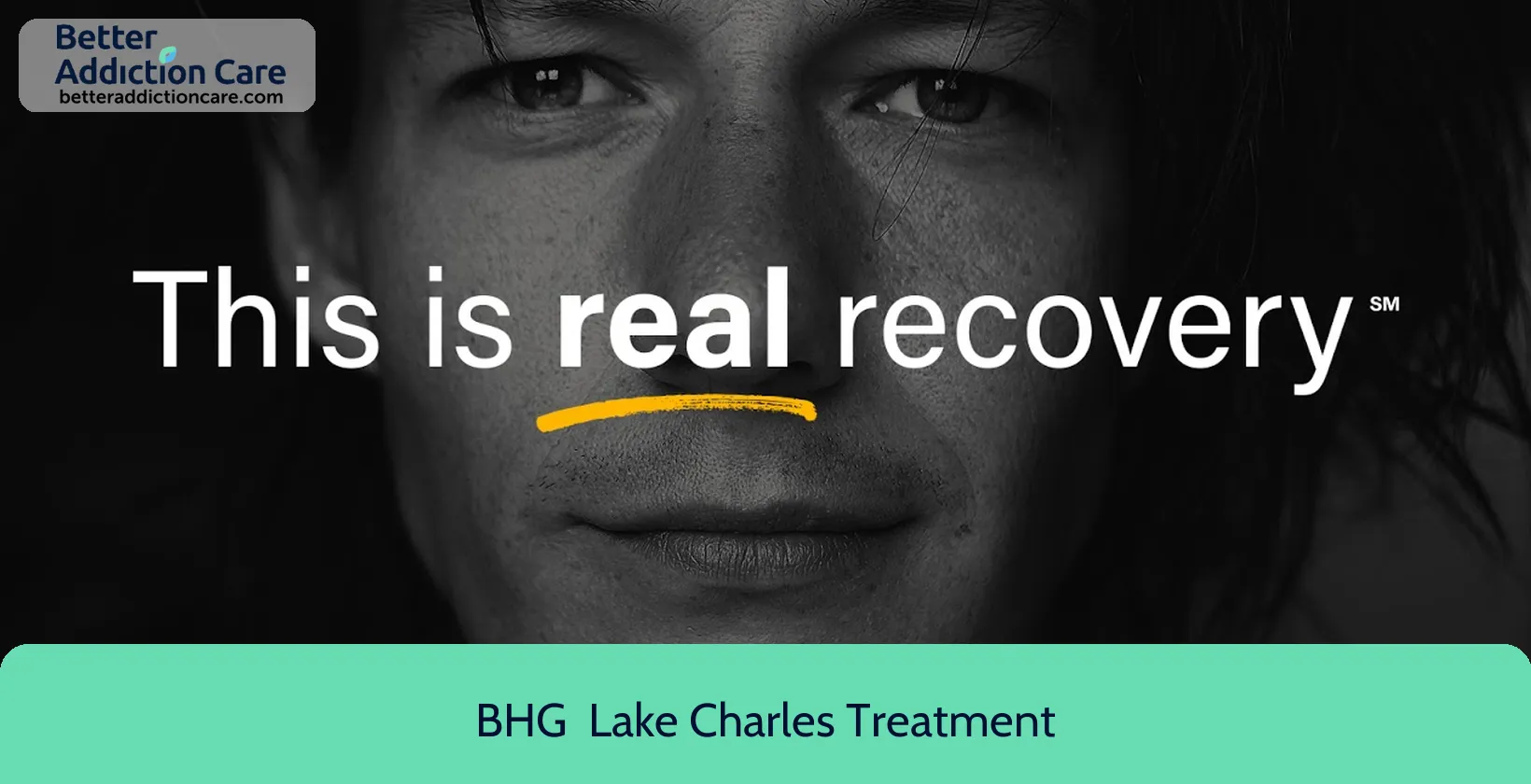
7.28
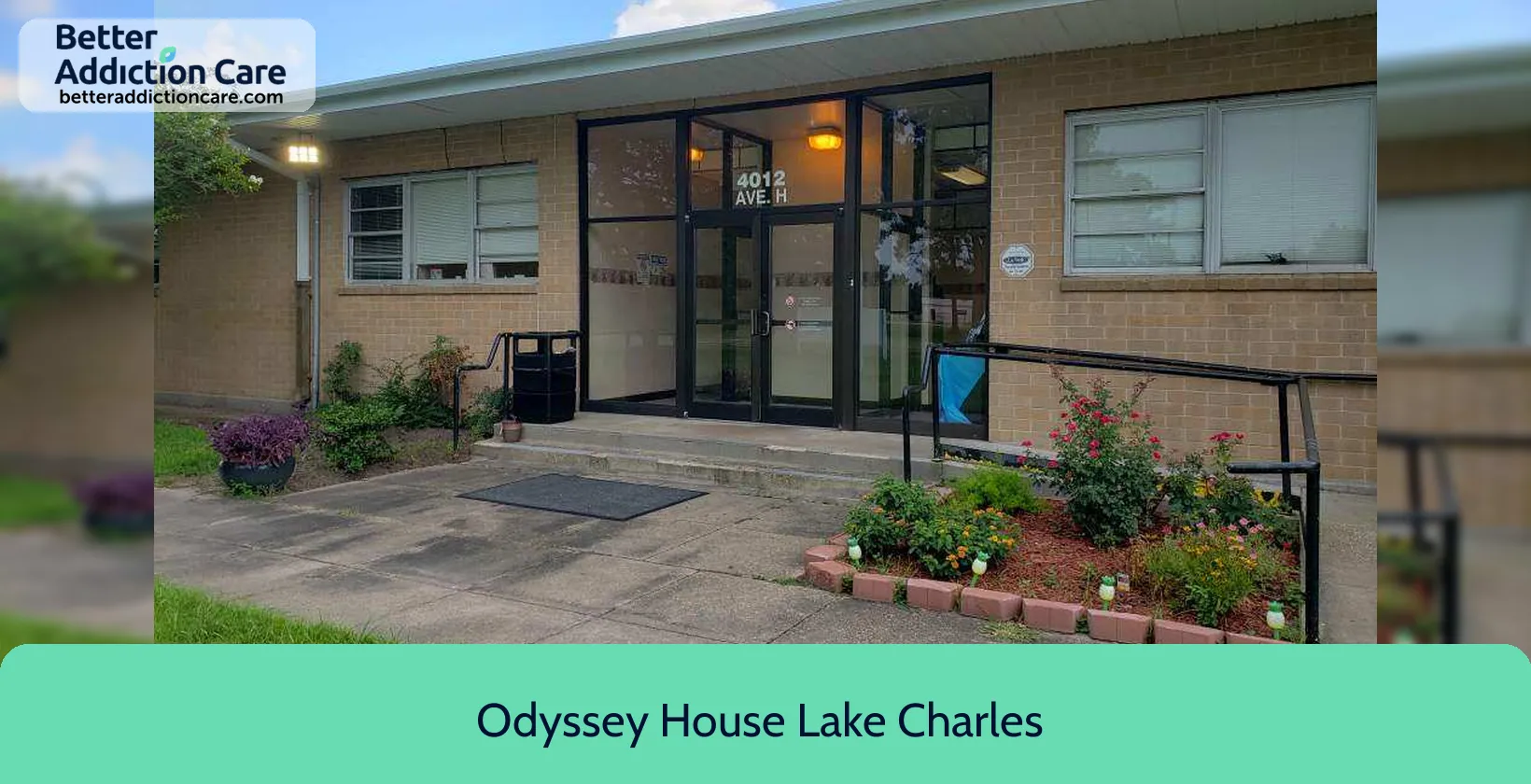
7.42
Browse rehab centers near Lake Charles and in other cities across Louisiana
DISCLAIMER: The facility name, logo and brand are the property and registered trademarks of Odyssey House Lake Charles - Residential, and are being used for identification and informational purposes only. Use of these names, logos and brands shall not imply endorsement. BetterAddictionCare.com is not affiliated with or sponsored by Odyssey House Lake Charles - Residential.
